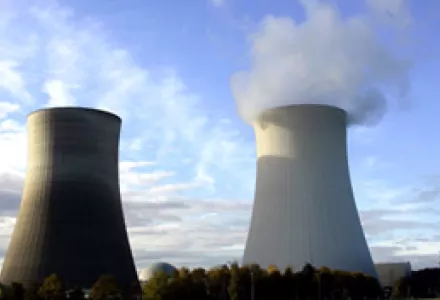This paper seeks to explain when and why states export civilian nuclear technology. It advances a general theoretical argument that supplier states channel civilian nuclear exports towards destinations where the security externalities of trade will be positive and away from destinations where they will be negative. This general expectation leads to several hypotheses at three levels of analysis. I test these hypotheses using a new dataset on civilian nuclear trade and find robust empirical support for many of them. Three novel findings stand out. First, states that have signed the nuclear Nonproliferation Treaty (NPT) are not more likely to receive civilian nuclear technology. Second, states that are pursuing nuclear weapons are more likely to receive nuclear technology than states that are not pursuing nuclear weapons. And third, non-democratic suppliers provide nuclear technology to states they share a common enemy with but democratic suppliers do not. These findings have important implications for the literature on nuclear proliferation and studies linking politics and foreign economic cooperation.

